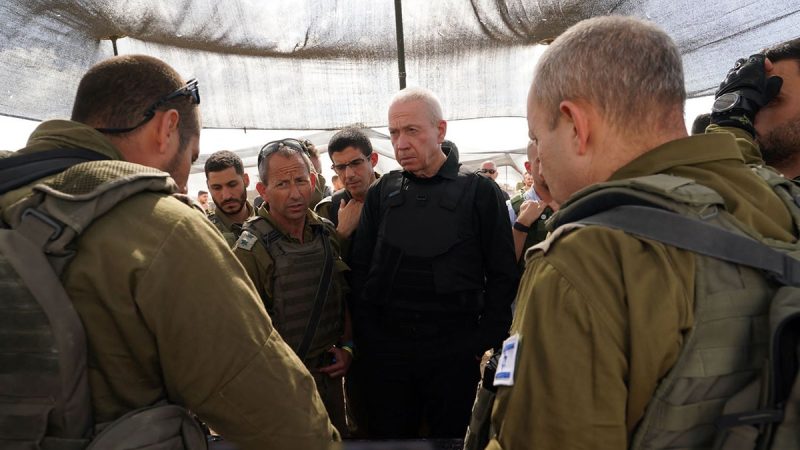Israel remains steadfast in their campaign against Hamas, despite the multiple ceasefire calls. This has prompted serious global debate since the conflict began in the Gaza Strip.
Since the war in Gaza began, Israel has been in relentless pursuit of Hamas, the militant Islamic group ruling the region, in order to bring the conflict to a close. Their approach has relied heavily on airstrikes against Israel’s enemies in the coastal enclave, leaving behind an extensive trail of destruction. This strategy, which was already at the center of a heated international discussion before the recent wave of violence, has become even more of a contested issue in the wake of several ceasefire proposals.
The latest proposals, which call for an immediate end to the fighting and a return to the negotiating table, have been framed by many as a pathway to restoring the peace. However, the Israeli government has rejected the said calls, and remain firm in their stance that the only way to ensure the safety of their citizens is through retaliatory attacks against Hamas.
The Israeli government’s logic in continuing the fight is that, due to Hamas’ unwavering commitment to the armed struggle against Israel, there is no alternative to the current path. Moreover, they claim to be employing a policy of restraint, citing the prominent refusal to deploy ground troops as evidence.
But despite Israel’s insistence, many countries and international organizations have taken issue with Israel’s “military-only” approach to the conflict, arguing that it has only escalated the situation and amplified the massive human suffering in Gaza.
The war in Gaza has now claimed the lives of hundreds, and the destruction of key infrastructure in the enclave could take years to repair. The necessity of finding a politically-negotiated solution to this conflict has only become clearer over time, as the only alternative would be a full-scale ground war. Still, the stalemate remains and the suffering of the people of Gaza continues as a result.
As is increasingly becoming obvious, ending the conflict in Gaza means more than just a ceasefire. Israel and Hamas must come to the table to negotiate a lasting solution, a task that has grown increasingly urgent with each passing day. Only genuine dialogue can put this conflict to rest and ensure a future of peace and stability for the people of the region.

